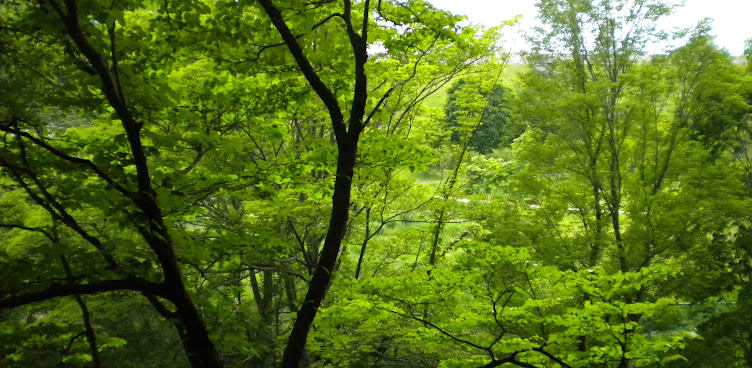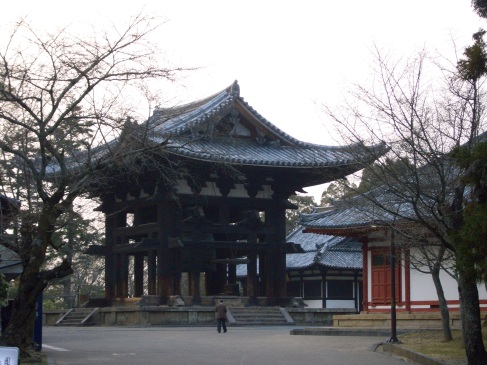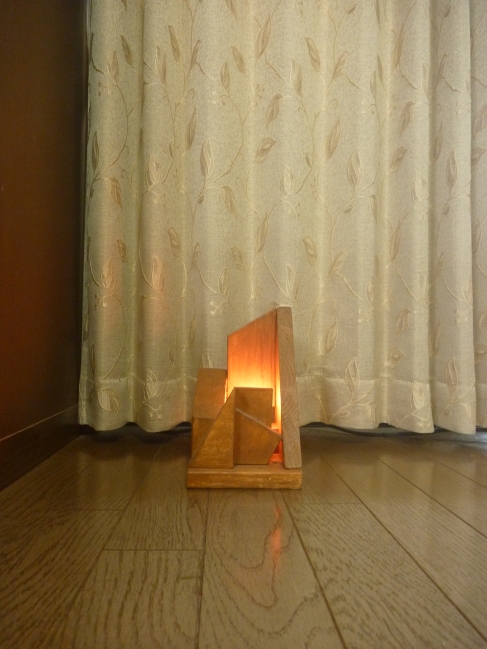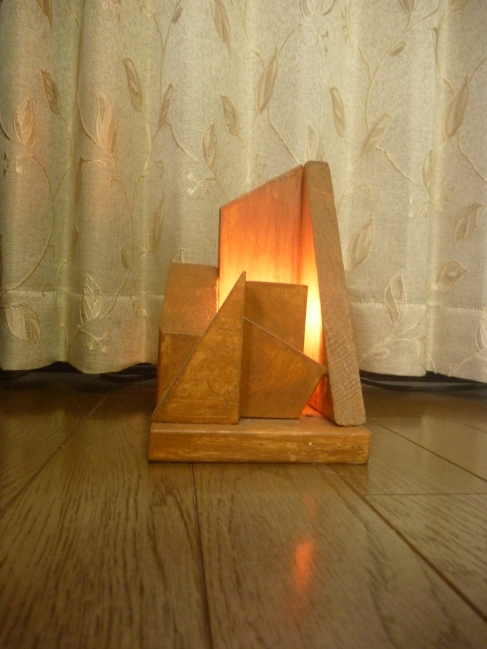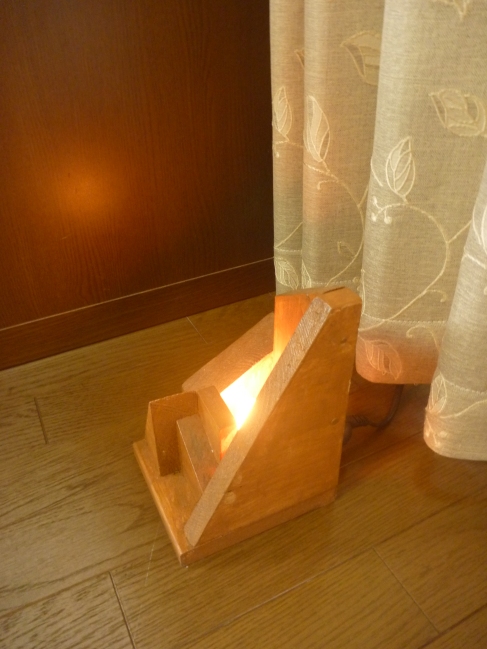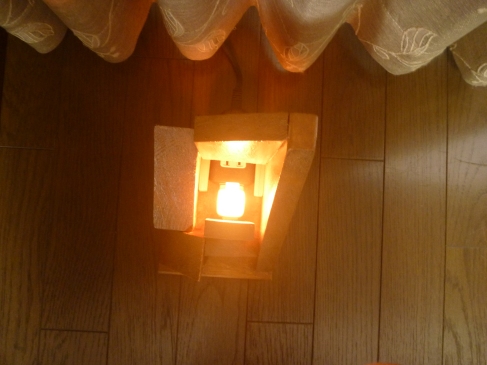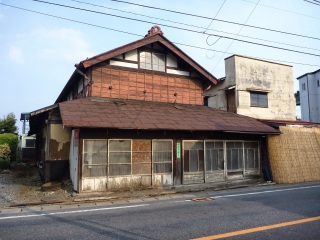Of John Donne's For Whom the Bell Tolls
Note added
John Donne
For Whom the Bell Tolls
On 5 August 2019, we went to see the film Wim Wenders' Submergence 2017 at kino cinema, Tachikawa. Tokyo.
In the film, the sea and the rocks are frequently appeared as if all were born from those.
At the couple's conversation, John Donne's poem, For Whom the Bell Tolls is quoted.
No man is an ireland,
Entire of itself.
Each is a piece of the continent,
A part of the main.
If a clod be washed away by the sea,
Europe is the less.
As well as if a promontory were.
As well as if a manor of thine own
Or of thine friend's were.
Each man's death diminishes me,
For I am involved in mankind.
Therefore, send not to know
For whom the bell tolls,
It tolls for thee.
Tokyo
7 August 2019
SRFL Paper
On 5 August 2019, we went to see the film Wim Wenders' Submergence 2017 at kino cinema, Tachikawa. Tokyo.
In the film, the sea and the rocks are frequently appeared as if all were born from those.
At the couple's conversation, John Donne's poem, For Whom the Bell Tolls is quoted.
No man is an ireland,
Entire of itself.
Each is a piece of the continent,
A part of the main.
If a clod be washed away by the sea,
Europe is the less.
As well as if a promontory were.
As well as if a manor of thine own
Or of thine friend's were.
Each man's death diminishes me,
For I am involved in mankind.
Therefore, send not to know
For whom the bell tolls,
It tolls for thee.
Tokyo
7 August 2019
SRFL Paper
[Note]
31 August 2019
In summer 2013, I wrote a Haiku at my blog as the next.
This haiku was dedicated to John Donne.
I perfectly forgot this.
Yesterday I chanced to read the past blog and remembered the day.
when I was making a woodwork in the garden and heard the bell tolled from the Buddhist temple.
So I recalled the famous Donne's poem, For Whom the Bell Tolls.
----------------------------------------------------
Haiku for summer’s end
For John Donne
TANAKA Akio
Kanashimi ha
Kieyuku Kane he
Natsu owaru
Kieyuku Kane he
Natsu owaru
<Translation>
Sadness has gone
To the bell melts away
Summer is ending
Sadness has gone
To the bell melts away
Summer is ending
Tokyo
27 August 2013
atbankofdam
----------------------------------------------
27 August 2013
atbankofdam
----------------------------------------------
[Note 2]
31 August 2019
-----------------------------------------------------------------------------
To my dear friend, KANEKO Yutaka
We were always sitting at the right end of the classroom, where the seats were near the entrance from the corridor, so classmates entered the room with rattling noises. But we liked the seats rather satisfying. We were G class of the third year of the high school, which class was all hoped to go universities of the mathematical or science fields.
The seats were free to sit but almost determined by the personalities. Serious were sitting at the comparatively before widows sites. The seats were silent and easy to concentrate. We were also serious to the learning but liked the most bad seats that could not concentrate by the various noises for entering and out-going to the room. But we loved the seats.
KANEKO Yutaka and I first met at this class and became best friend. He probably hoped to go to chemistry and I was physics. He was very good at mathematics and I was ordinary at math. I sometimes asked him how to solve the hard quests of math. At that time he smiled to me and said, " there's any little paper? The problem can be written enough by such a little space."
Over the our seats, frequently flew to the end of the class where the trash can was set always filled with the calculate-papers for math and writing of English. The members of the class all were eager to solve math quests for preparing to entrance examinations to the universities. At the result they threw the used papers over us to the can. So around the can, the scraps were littered with. I was never tidy but I was the nearest one to the can, so I sometimes went to trash dump to clean the can.
After we graduated the high school, he studied chemistry as planned at university. But I selected language study, not physics. I also liked philosophical or linguistic fields for their long historical heritages. What I returned to the field related with physics was already over the year 30s. My research object was narrowed to language universals using mathematical writing or physical approach.
After half a century, he died by disease in his researching way. I have learnt same theme on language using maths way not solving any quest from 1920s' Linguistic Circle of Prague. I dream that over my head still now vain calculate-papers are being thrown to the can behind us. If I ask him to help me for solving, he will say to me wanting tiny paper to write the answer concisely with his dear smiling as ever.
References
1. Language, amalgamation of mathematics and physics / 13 May 2013 2. Clifford Algebra A trial for amalgamation of mathematics and physics / 20 April 2014
3. Reversion Conjecture Revised /1 May 2014
Tokyo
22 May 2013 Text written
20 April 2014 Reference added
8 August 2014 Reference added
31 August 2019 Text revised
Sekinan Research Field of Language
Read more: https://srfl-paper.webnode.com/news/to-my-dear-friend-kaneko-yutaka-2019-revised/
-----------------------------------------------------------------------------
We were always sitting at the right end of the classroom, where the seats were near the entrance from the corridor, so classmates entered the room with rattling noises. But we liked the seats rather satisfying. We were G class of the third year of the high school, which class was all hoped to go universities of the mathematical or science fields.
KANEKO Yutaka and I first met at this class and became best friend. He probably hoped to go to chemistry and I was physics. He was very good at mathematics and I was ordinary at math. I sometimes asked him how to solve the hard quests of math. At that time he smiled to me and said, " there's any little paper? The problem can be written enough by such a little space."
Over the our seats, frequently flew to the end of the class where the trash can was set always filled with the calculate-papers for math and writing of English. The members of the class all were eager to solve math quests for preparing to entrance examinations to the universities. At the result they threw the used papers over us to the can. So around the can, the scraps were littered with. I was never tidy but I was the nearest one to the can, so I sometimes went to trash dump to clean the can.
After we graduated the high school, he studied chemistry as planned at university. But I selected language study, not physics. I also liked philosophical or linguistic fields for their long historical heritages. What I returned to the field related with physics was already over the year 30s. My research object was narrowed to language universals using mathematical writing or physical approach.
References
1. Language, amalgamation of mathematics and physics / 13 May 2013 2. Clifford Algebra A trial for amalgamation of mathematics and physics / 20 April 2014
3. Reversion Conjecture Revised /1 May 2014
Tokyo
22 May 2013 Text written
20 April 2014 Reference added
8 August 2014 Reference added
Sekinan Research Field of Language
31 August 2019 Text revised
---------------------------------------------------------------------------------------
